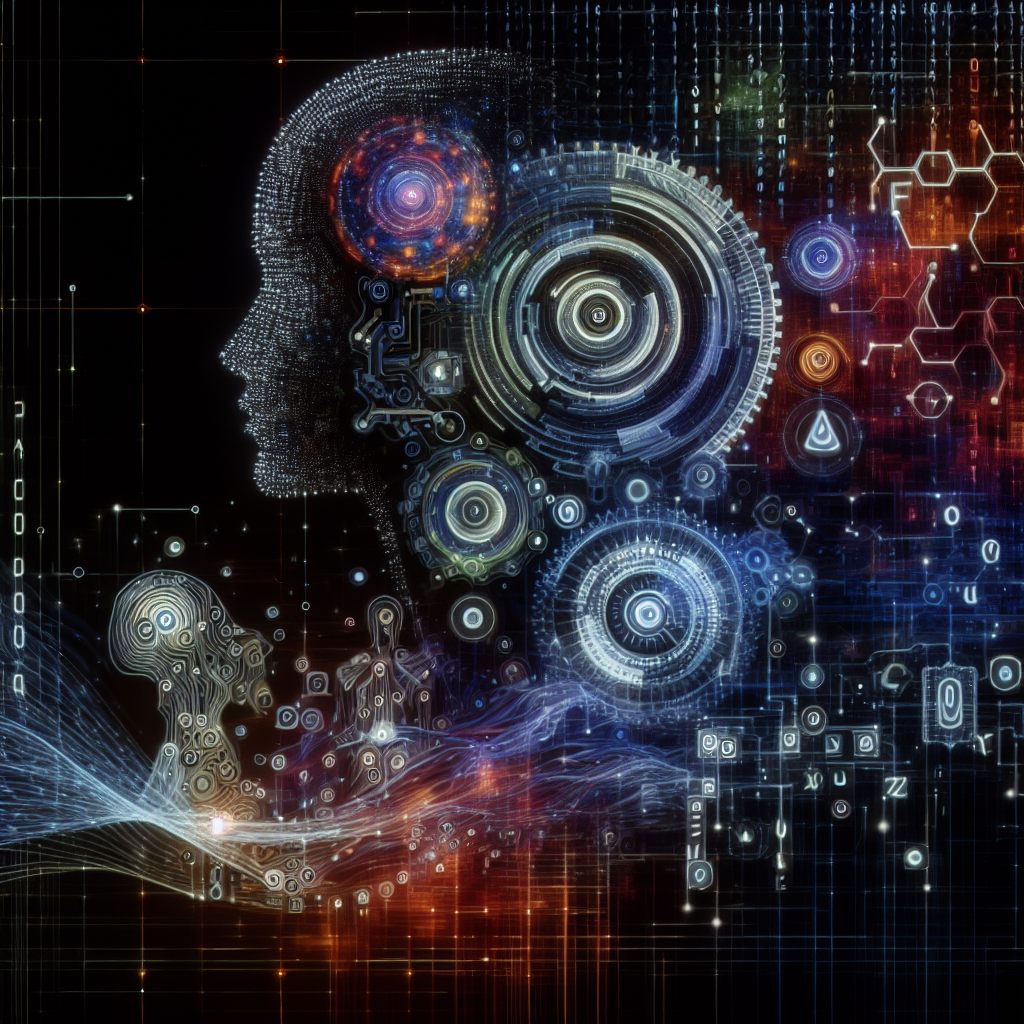Artificial Intelligence (AI) has already made significant strides in various industries, from healthcare to finance to transportation. Now, the entertainment industry is also beginning to embrace AI as a tool for revolutionizing media production and creative industries. As AI technology continues to advance, it is poised to reshape how content is created, consumed, and monetized in the entertainment industry.
AI in media production
AI is already being used in media production to streamline workflows and enhance creativity. One of the most notable applications of AI in media production is in video editing. AI-powered editing tools can analyze footage, identify key moments, and automatically generate a rough cut of a video. This can save editors valuable time and allow them to focus on more creative aspects of the editing process.
AI is also being used to enhance visual effects in movies and TV shows. For example, AI can be used to generate realistic CGI characters or enhance existing footage with special effects. This can help filmmakers bring their creative visions to life more easily and cost-effectively.
AI is also being used in music production to create new sounds and compositions. AI-powered music software can analyze existing songs and generate new melodies, rhythms, and harmonies based on the patterns it finds. This can help musicians and producers overcome creative blocks and come up with fresh ideas for their music.
AI in creative industries
In addition to media production, AI is also making waves in the creative industries, such as art, design, and fashion. AI-powered tools can help artists and designers explore new ideas, experiment with different styles, and push the boundaries of their creativity.
For example, AI can be used to generate art and design concepts based on input from the user. Artists and designers can use AI-powered tools to explore different color palettes, layouts, and compositions, helping them to quickly iterate on their ideas and come up with new concepts.
AI can also be used to personalize content for consumers. For example, streaming services can use AI algorithms to analyze user preferences and recommend content that is tailored to each individual viewer. This can help users discover new movies, TV shows, and music that they might not have found on their own.
The future of AI in entertainment
As AI technology continues to advance, the possibilities for its use in entertainment are virtually endless. In the future, we can expect to see AI being used in even more creative ways to enhance the entertainment experience for both creators and consumers.
One exciting application of AI in entertainment is in virtual reality (VR) and augmented reality (AR) experiences. AI-powered algorithms can create immersive worlds and interactive characters that respond to the user’s actions in real-time. This can help to blur the lines between reality and fiction, creating truly immersive and engaging entertainment experiences.
AI can also be used to create personalized content experiences for consumers. For example, AI algorithms can analyze a user’s viewing habits and preferences to recommend content that is tailored to their interests. This can help consumers discover new content that they might not have found on their own, leading to a more engaging and satisfying entertainment experience.
FAQs
Q: Will AI replace human creativity in the entertainment industry?
A: While AI can enhance creativity and streamline workflows in the entertainment industry, it is unlikely to replace human creativity altogether. AI is a tool that can help artists and creators explore new ideas, experiment with different styles, and push the boundaries of their creativity. Ultimately, the best creative work often comes from a combination of human ingenuity and AI-powered tools.
Q: How will AI impact the job market in the entertainment industry?
A: AI is expected to automate certain tasks in the entertainment industry, such as video editing and music production. This may lead to some job displacement in these areas. However, AI is also creating new opportunities for jobs in AI development, data analysis, and content curation. Overall, the impact of AI on the job market in the entertainment industry is likely to be a mix of job displacement and job creation.
Q: What are the ethical implications of using AI in entertainment?
A: The use of AI in entertainment raises ethical concerns around issues such as data privacy, bias, and transparency. For example, AI algorithms can inadvertently perpetuate biases in content recommendations or character portrayals. It is important for creators and developers to be mindful of these ethical considerations and take steps to mitigate potential risks.
In conclusion, the future of AI in entertainment is bright and full of possibilities. AI is already revolutionizing media production and creative industries, and its impact is only expected to grow in the coming years. As AI technology continues to advance, we can expect to see even more innovative and immersive entertainment experiences that push the boundaries of creativity and storytelling. By embracing AI as a tool for enhancing creativity and streamlining workflows, the entertainment industry is poised to thrive in the digital age.

